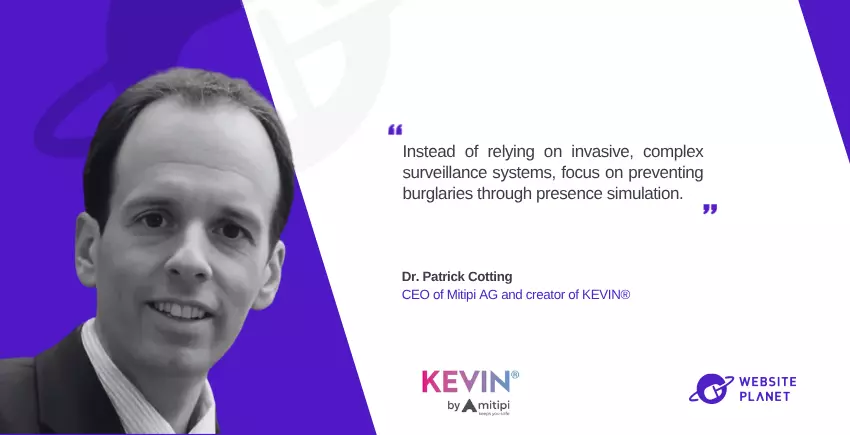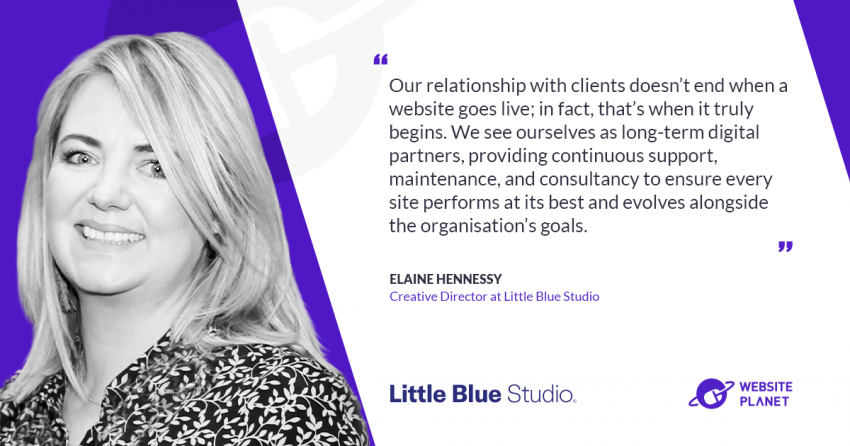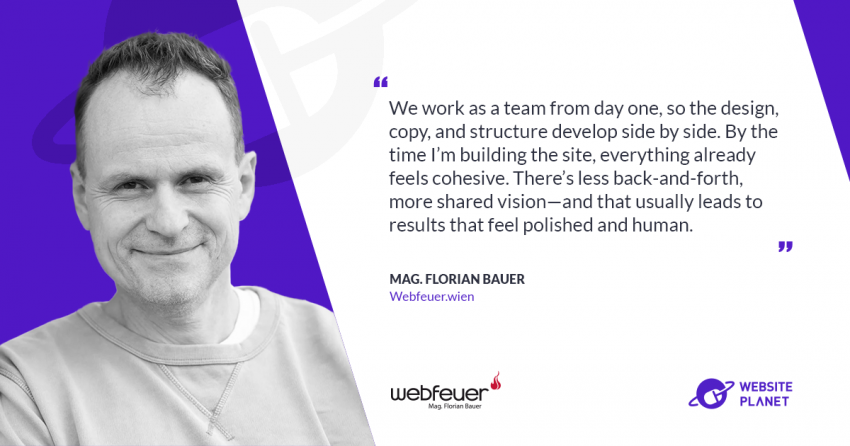The $93 billion smart home security market has boomed, but it’s built on a dangerous trade-off: surveillance in exchange for safety. Between smart TVs spying on conversations, doorbell cameras streaming footage to the cloud and anything in between, home security is starting to feel more invasive than protective.
Dr. Patrick Cotting, CEO of Mitipi AG and creator of KEVIN®, joined me and Website Planet to explain why it’s time to end that compromise, and what’s the best way to do that.
He offers a simple yet radically different solution with no cameras, no data collection, and no surveillance: just a smart device that fakes your presence to keep intruders away.
How surveillance-based security threaten our privacy (and safety)
Smart home security has become synonymous with 24/7, AI-powered surveillance. But behind these promises of safety lies a major privacy crisis.
Hidden cameras disguised as smoke detectors and USB chargers are turning up in vacation rentals across the globe. In fact, a 2023 Mozilla report found that 25 out of 40 home security devices collect more data than they disclose.
Home surveillance raises ethical concerns for several reasons:
- Consent and Awareness
Many home security devices (especially those with cameras or microphones) record data without the full consent of everyone being observed (e.g., guests, cleaners, delivery workers, even children). - Devices often collect more data than is necessary for security
Some companies use that data for unrelated purposes, including targeted advertising, third-party sales, or AI training. All practices that breach user expectations and violate privacy norms. - Private security measure can quickly spill into public surveillance
Doorbell cameras, for instance, often capture neighbors, pedestrians, or passing vehicles, creating unintended surveillance of people who never agreed to be monitored. - False Sense of Security
Surveillance doesn’t always prevent crime. It just record it. Worse, it can lull users into a false sense of protection while leaving them vulnerable, since burglars are not always deterred by monitoring. - Psychological and Social Impact
Being constantly watched, including at home, can lead to stress, anxiety, and loss of trust among household members. Surveillance might normalize suspicion and undermine the concept of your home as a family sanctuary.
And even if we don’t consider the ethics, home surveillance doesn’t seem to work, since only 12% of burglaries in the U.S. lead to arrest, while smart devices continue to quietly harvest personal information.
What makes KEVIN® different from other home security devices
“The home security industry has long relied on surveillance, forcing people to trade privacy for protection. Mitipi was founded to solve this contradiction by rethinking what it means to feel safe at home.”, says Dr. Cotting.
That insight drives KEVIN®, the world’s first AI-powered “digital roommate.” A device that deters intruders by simulating human activity through personalized light, sound, and shadow. No cameras, no cloud, no footage to hack.
Can presence simulation really replace traditional security systems?
This approach isn’t just ethical, it’s more effective. In fact, even the Swiss police actively recommend presence simulation as the best burglary prevention method during daylight hours. Not to mention that KEVIN® users report zero break-ins over five years.
In particular, during our interview, Cotting pointed to one customer who used to experience frequent burglaries:
“Before KEVIN®, we were broken into twice in three years. Since we installed it, not only have we had zero incidents, but even our neighbors are convinced we’re home when we’re actually on vacation.”
The best way to prevent burglaries without sacrificing your privacy
Where traditional home security reacts after a crime (often too late), KEVIN® prevents it from happening in the first place. No surveillance, no complexity, and no recurring fees—just smart, privacy-first deterrence that works.
“Instead of relying on invasive, complex surveillance systems, people should focus on preventing burglaries through presence simulation, which is the most natural and proactive deterrent”, says Cotting.
KEVIN® proves exactly that: you can keep your home safe by pretending you’re there, not by watching people 24/7. A more secure and more respectful solution to the security-privacy paradox.
Connect with Dr. Patrick Cotting and Mitipi AG
LinkedIn: https://www.linkedin.com/in/patrickcotting/
Email: [email protected]
Websites:
- https://mitipi.com
- https://kevinswiss.com














